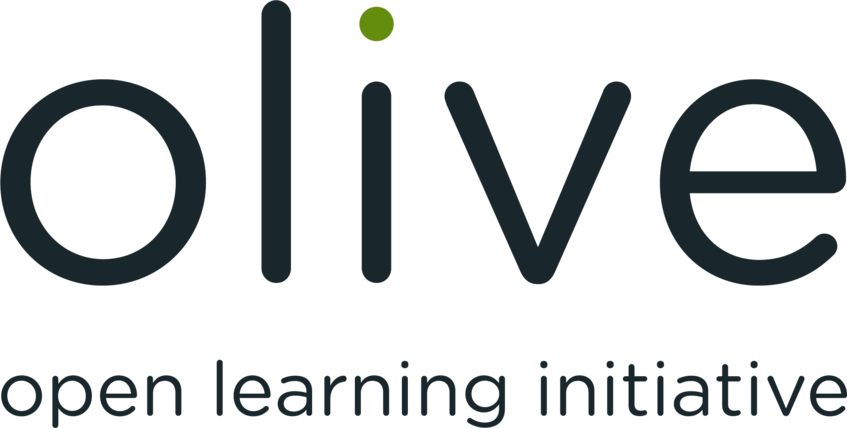
-Dr. Melita Hummel-Sunjic
Read more
Refugee training has a long tradition in Europe and many institutions have appropriate offers ready. For understandable reasons, such projects primarily help the less educated among the refugees to integrate into society and the labor market. In contrast, the needs of a large number of highly qualified refugees have been neglected in the past and many have ended up at the lower end of the European labor market. This is a tragedy for those affected and a waste of intellectual resources for the host society. OLIve is so important because this project specifically brings highly educated refugees back into academic life. This opens up career opportunities for them that match their qualifications. Refugees and Austrian society benefit equally from OLIve.
-Ambassador Mag. Georg Pöstinger
Read more
OLIve ist in seiner Idee über die Flüchtlingsausbildung hinaus als lebendiges Beispiel angewandter Diplomatie des täglichen Lebens zu betrachten. Denn was mit dem Programm erreicht wird, erschöpft sich nicht nur in einer unmittelbaren Hilfestellung für Geflüchtete bzw. dem Wecken von Potenzialen, die der Integration und letztlich der Gesellschaft insgesamt zugutekommen. Die Initiative erfüllt auch das, was Diplomatie und internationale Kooperation bezwecken: durch Dialog und genaues und vorurteilsfreies Zuhören Verständnis zwischen unterschiedlichen Kulturen für die jeweiligen Positionen und Werte des anderen zu schaffen. Dieses in der Diplomatie allgemein gültige Muster ist, so glaube ich, gerade im Land des Wiener Kongresses besonders häufig anzutreffen. Unser immens reiches und weit über die Grenzen ausstrahlendes kulturelles Erbe, auf das wir in Österreich alle stolz sind, ist ausnahmslos durch die Aufnahme neuer, zunächst oft als fremd empfundener Impulse sowie durch das gegenseitige auf einander Zugehen geschaffen worden. OLIve wird dem Auftrag gerecht, diese Tradition unseres vielfältigen kulturellen Erbes im spezifischen Bereich der Flüchtlingsausbildung weiterzutragen.
Open Learning Initiative
Our students share their personal experiences with OLIve.
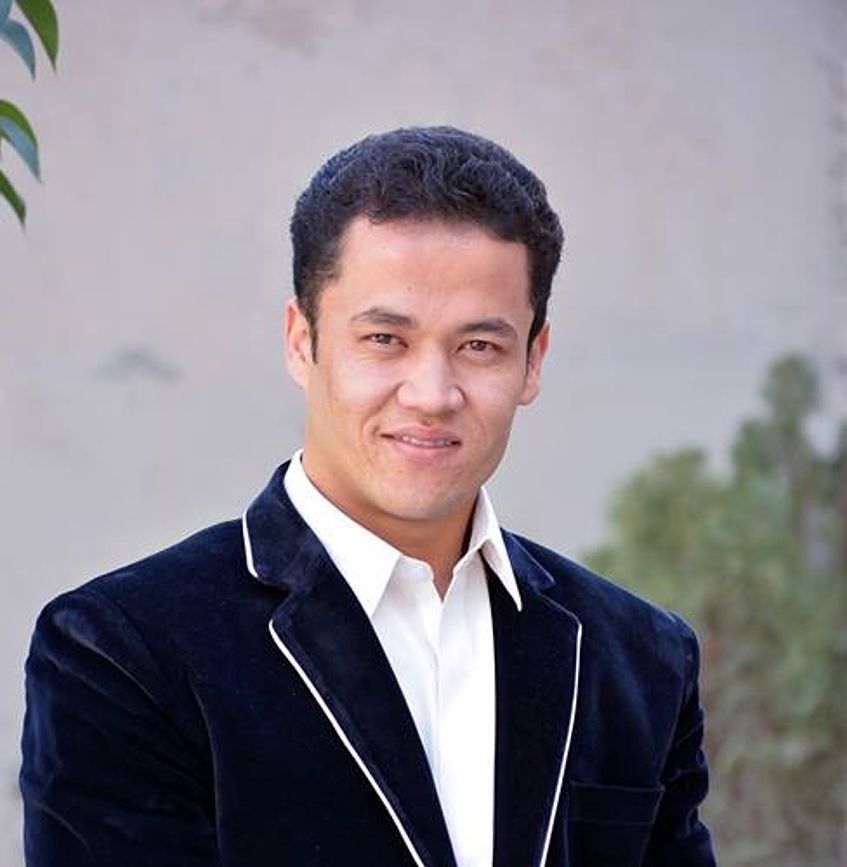
"The OLIve cycle in which I took part made me understand that the program acts like a bridge for refugees, allowing them to get to know and experience the Austrian education system and enabling them to continue their educational path"
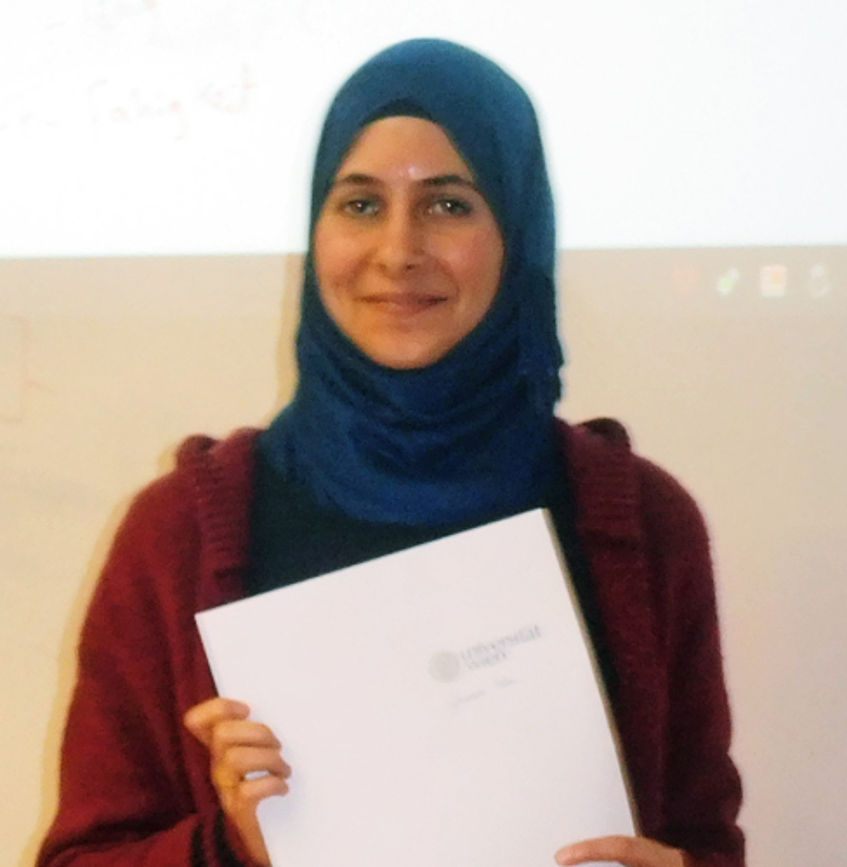
"I took part in the 4th and 5th OLIve cycle after a friend recommended the program to me. Since the first day I walked into the building of the Institute for Mass Media and Communication Studies, where the OLIve program takes place, the atmosphere seemed enthusiastic and optimistic; filled with inspiring, young energy. What caught my attention most was the cultural diversity of both the team and the participants"
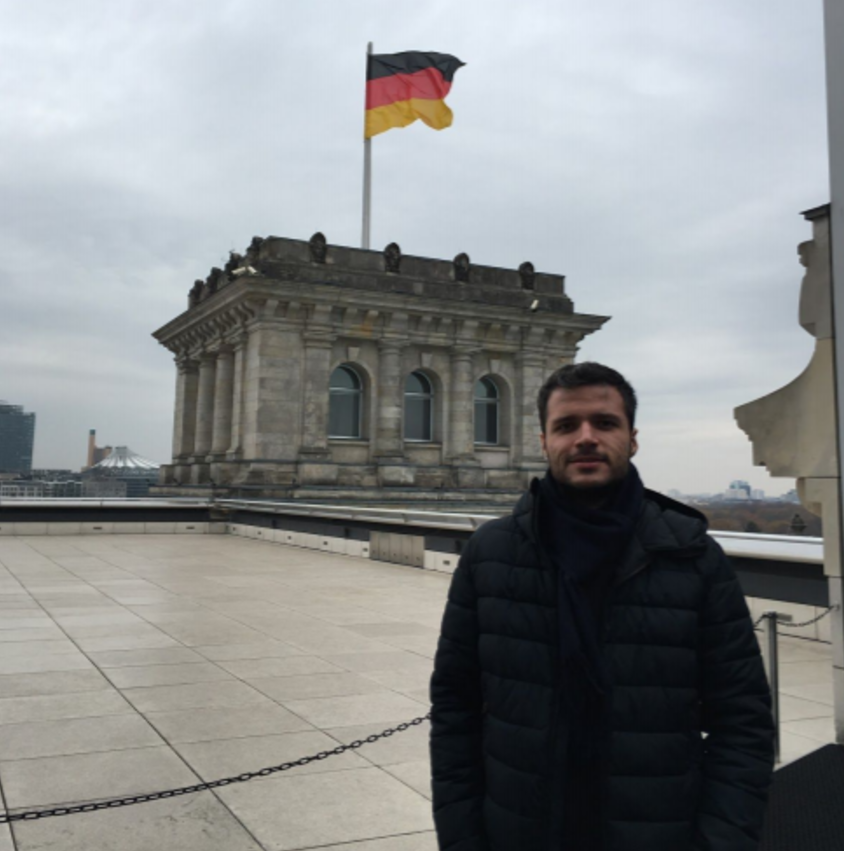
"Having taken part in the OLive Program, I was more confident to start my 'big' application for various universities in Austria and beyond. The gained academic experience, and most importantly, the participation and language certificates, and references, supported me greatly in my applications"
Participants/Teilnehmerlnnen
Since 2019
Since 2016
Academic teaching hours/Akademische Studen in Lehre
Since 2019
Since 2016
Topics/Themen
Professors, Guest Speakers, Tutors/ Professorlnnen, Gastvortragende, Tutorlnnen
OLIve, the Open Learning Initiative at the University of Vienna was designed with the aim to act as a bridge toward Higher Education. The programmes of OLIve were offered between 2016-2018 as Refugee Education Initiatives 1 (REIs1) and 2019-2021 as Refugee Education Initiatives 2 (REIs2) as free of charge academic, non-degree programmes to people of refugee and asylum-seeking status. The mission of REIs2 is to support these groups in connecting their prior professional and academic experience to their new lives in Europe, including the possibility of considering and embarking on higher education studies at a later stage. REIs2 is an innovative project, which even under normal circumstances, is demanding. The programme is essentially based on the cooperation of many committed people in research and teaching as well as the helpfulness and solidarity of university employees in management and logistics.
The OLIve programme has looked after a target group of impressive diversity: the participants have included women and men from a variety of geographies, political systems, academic cultures and with heterogeneous language skills. OLIve participants are people of different ages and of different academic status - from first-year students to experienced university teachers.
Only 3% of the world's refugee population has access to tertiary education. The UN High Commissioner for Refugees (UNHCR) therefore runs the program “Refugee Education 2030” with which the proportion of refugees with access to tertiary education is to be increased to 15% by 2030. The University of Vienna has performed pioneering work with OLIve even during the Corona crisis.
These are just a few reasons why we are very honoured that the program OLIve Vienna was recognised and nominated for three awards after all these efforts in recent years:
• UNHCR Nansen Refugee Award (2018)
• Twice in a row for the prize for social innovation “SozialMarie” (2018, 2019)
• The COVID teaching award of the University of Vienna, in two separate categories: Section International and Section New Leadership (2020).

Established in 1954, the UNHCR Nansen Refugee Award honours individuals, groups and organizations who go above and beyond the call of duty to protect refugees, displaced and stateless people. Established in 1954, the Award celebrates the legacy of Fridtjof Nansen, a Norwegian scientist, polar explorer, diplomat and first High Commissioner for Refugees for the League of Nations.
The first Nansen Refugee Award recipient was Eleanor Roosevelt, first Chair of the UN Human Rights Commission and First Lady of the United States alongside President Franklin D. Roosevelt. Over the years, more than 60 individuals, groups or organizations have received the award for their extraordinary service to refugees and outstanding work on behalf of the displaced.
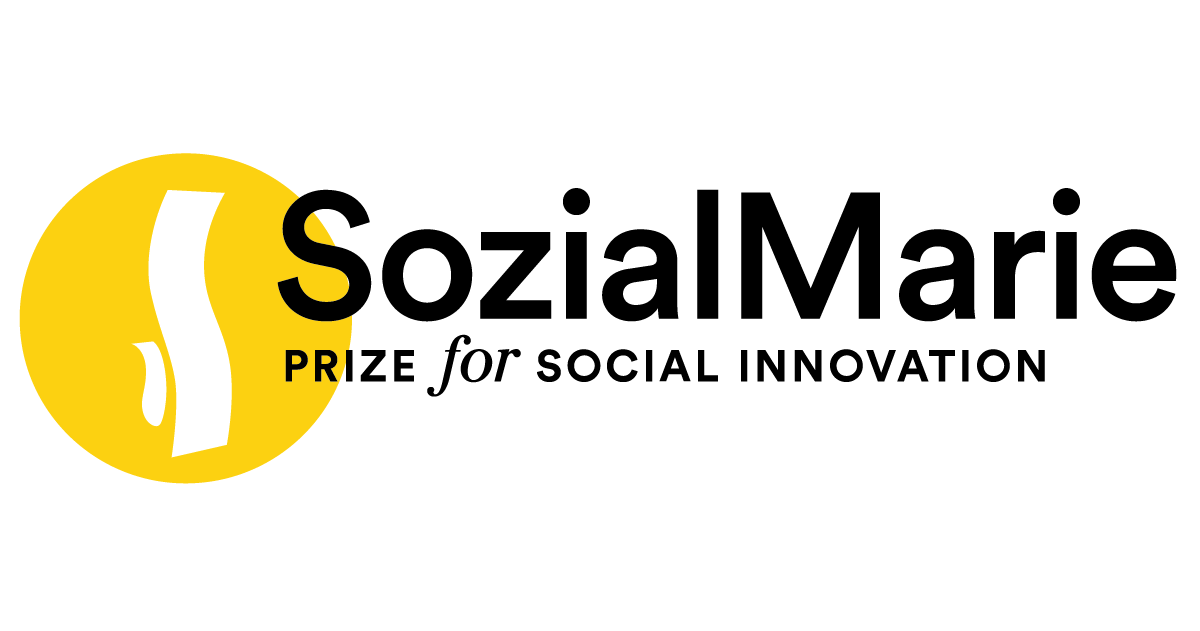
SozialMarie is the oldest prize for social innovation in Europe and honours since 2005 every year 15 outstanding social projects. Beyond, The SozialMarie criteria of social innovation include the novelty of social problem solutions, the extent to which respective target groups are reached, and the effectiveness of implementation. Apart from Austria, SozialMarie also encompasses Hungary, the Czech Republic, Slovakia, Slovenia, Germany, Poland and Croatia.
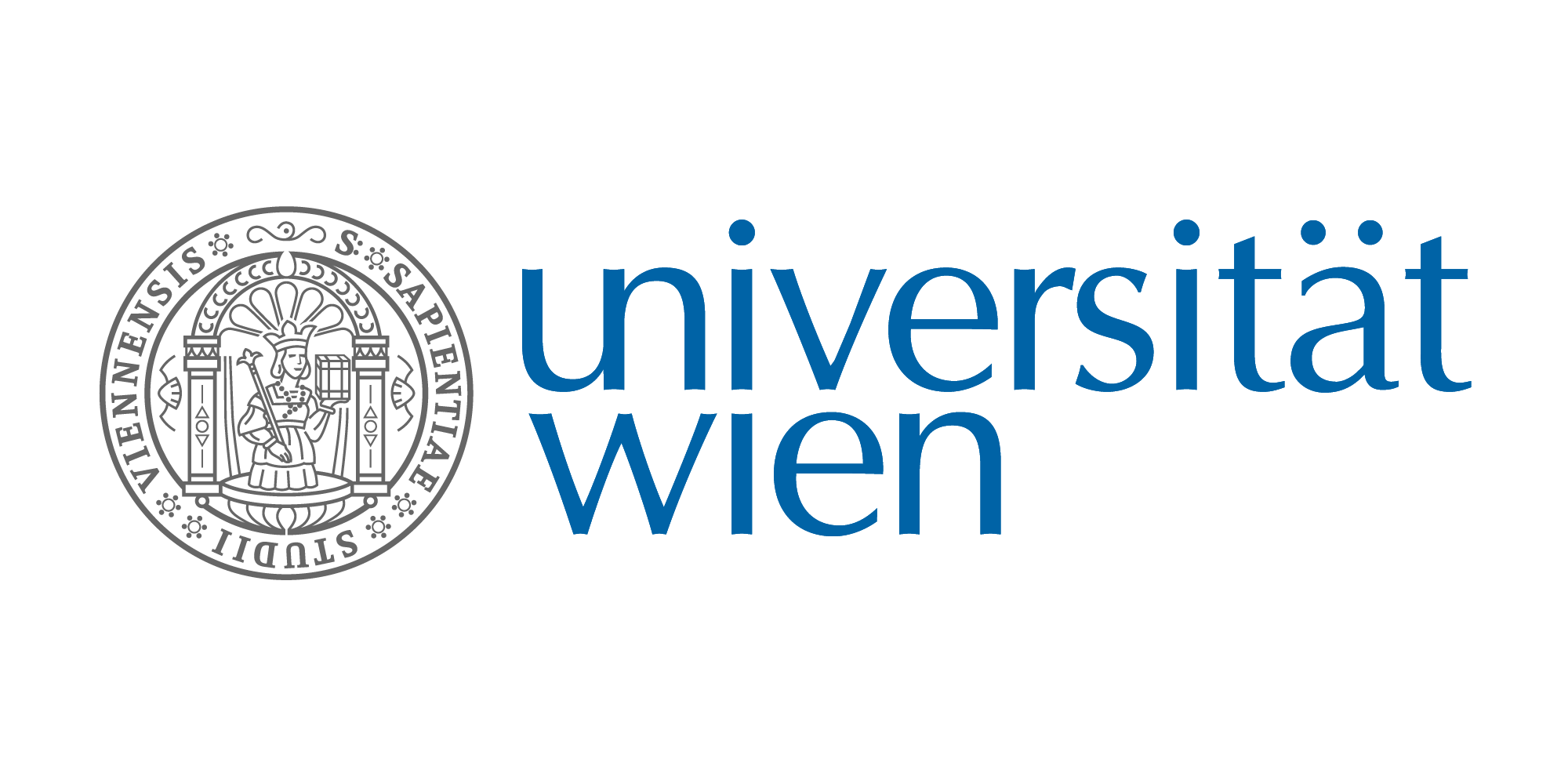
The COVID teaching award – Section International/New Teaching and New Leadership of the University of Vienna. With the New Teaching COVID teaching prize, the University recognised the achievements of teachers or teams of employees who contributed significantly to the design and implementation of courses in an online format despite the lockdown and uncertainties during the coronavirus crisis in 2020 through their extraordinary professional commitment and their ideas.
OLIve is also part of the Third Mission-Projekts der Universität: Soziales & gesellschaftliches Engagement and these nominations are for us a confirmation that our work is meaningful and deserves recognition. Social engagement refers to the targeted use of University knowledge to tackle the manifold societal challenges.
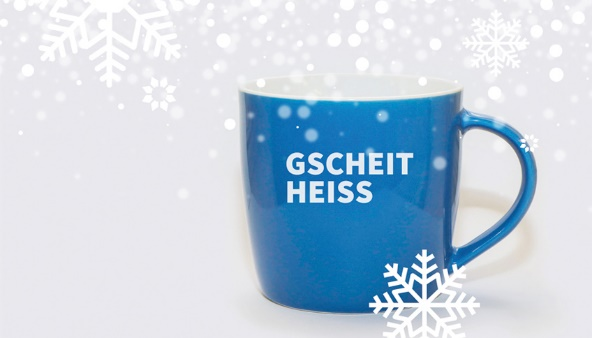
Moreover, OLIve Vienna was 2018 the Christmas highlighted case for the UNIVIE punch, which raised funds to support an open access book and online exhibition of work produced by the OLIve alumni.
The Corona crisis in spring 2020 presented itself as an exceptional challenge – but also as a possibility to explore anew ways in which education can reach people regardless of their circumstances. The OLIve Vienna team successfully managed to switch to online teaching within two weeks without any significant interruption. Thanks to the swift adaptation, OLIve was able to continue practically in its entirety at the University of Vienna. Hundreds of lesson hours were held online and happily taken by the participants, many of whom have assured that OLIve Online became an anchor point of normality for them, especially in times of crisis and isolation.
OLIve is a project whose importance cannot be overstated. It addresses a burning, albeit neglected, problem: that of the neglected education of refugees with an academic background. While there is a multitude of educational and vocational training opportunities for basic education in host countries, the most highly educated segment of the refugee population is largely underserved by public structures.
© Vienna, 2021 olive.univie.ac.at Website built by MT